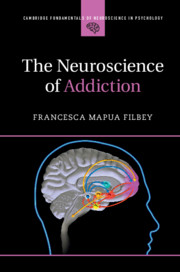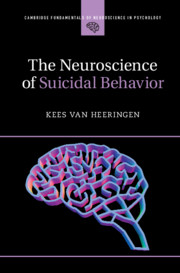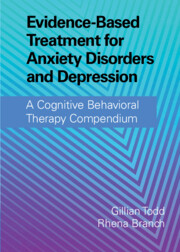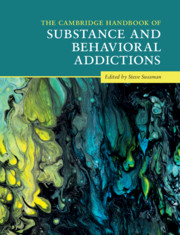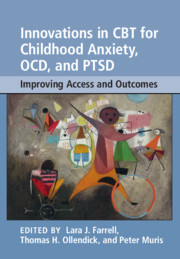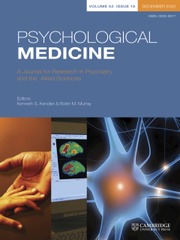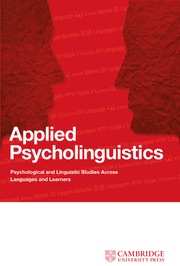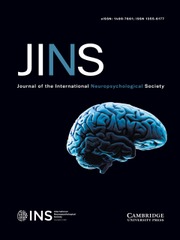The Neuroscience of Addiction
This book addresses a growing need for accessible information on the neuroscience of addiction. In the past decade, neuroscientific research has greatly advanced our understanding of the brain mechanisms of addiction. However this information still remains largely confined to scientific outlets. As legislation continues to evolve and the stigma surrounding addiction persists, new findings on the impact of substances on the brain are an important public health issue. Francesca Mapua Filbey gives readers an overview of research on addiction including classic theories as well as current neuroscientific studies. A variety of textual supports - including a glossary, learning objectives and review questions - help students better reinforce their reading and make the text a ready-made complement to undergraduate and graduate courses on addiction.
- Provides current examples of addiction in practical settings
- Keywords and concepts are clearly defined for interdisciplinary students and lay-readers
- Learning objectives and questions are supplied for students to concretely evaluate their understanding of the material, and instructors can use them as teaching devices
Reviews & endorsements
‘Francesca Filbey's book, intended for an interdisciplinary audience, bridges concepts in neuroscience with the clinical presentation of addiction. It is logically organized into chapters that describe each progressive stage of the addiction cycle in terms of theoretical perspectives, preclinical models, and human behavior. The text combines classic knowledge with current findings from novel methodologies, particularly in human neuroimaging, that facilitates the understanding of addiction as a brain disorder.' Eric J. Nestler, Icahn School of Medicine at Mount Sinai
‘The Neuroscience of Addiction provides an outstanding synthesis of the current state of knowledge about the stages of addiction along with a review and explanation of the research that led to current concepts in the field. It is an excellent text for neuroscience students entering the field.' Edythe D. London, Brain Research Institute, University of California, Los Angeles
Product details
March 2019Adobe eBook Reader
9781108753715
0 pages
64 b/w illus. 8 colour illus. 6 tables
This ISBN is for an eBook version which is distributed on our behalf by a third party.
Table of Contents
- Preface
- 1. What is addiction?
- 2. Human neuroscience approaches toward the understanding of addiction
- 3. Brain-behavior theories of addiction
- 4. From the motivation to initiate drug use to recreational drug use: reward and motivational systems
- 5. Intoxication
- 6. Withdrawal
- 7. Craving
- 8. Impulsivity
- 9. Impacts of brain-based discoveries on prevention and intervention approaches
- 10. Conclusions
- Glossary
- Index.

